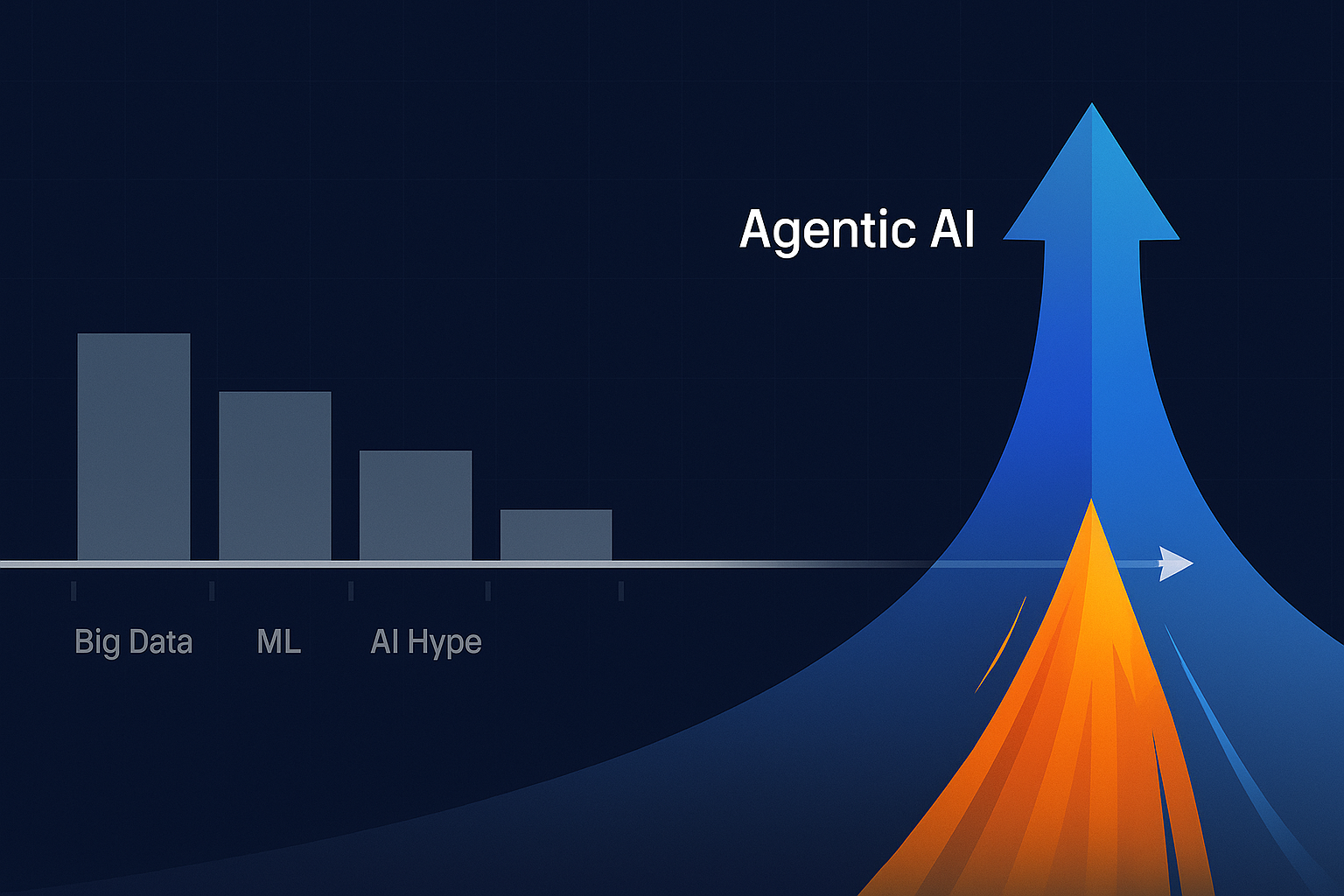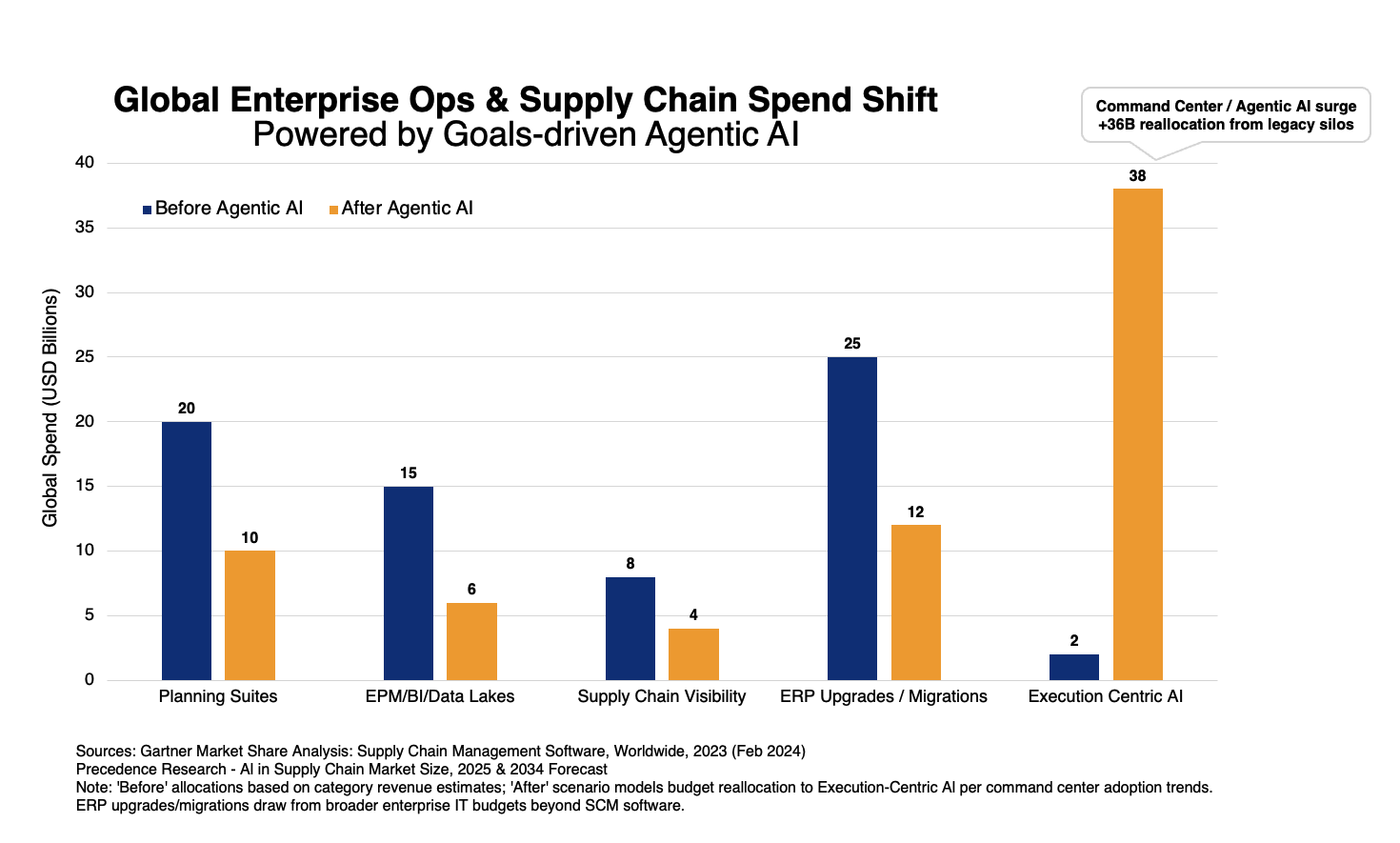An Important Moment for Global Supply Chain Transformation
Market forces and the advancement of data intelligence have converged to create an important moment of disruption for global supply chain operations. But disruption won't be easy for an industry with vastly different supply chain management practices.
I was a relatively recent graduate from the Johns Hopkins School of Advanced International Studies when I accidentally fell into a job in the global supply chain industry in 2017.
As an international relations graduate, I had been trained to think critically about the complexity of global systems. We deliberated on questions such as “How does the system of international trade work and what are its challenges? How is power distributed across the globe and what shapes the power relations between countries?”
When I started working as a marketing consultant at a freight forwarding company in South San Francisco with offices scattered across the U.S., Europe, and Asia, I received a lesson in a global system that’s not as visible but just as critical: the supply chain that serves as the backbone of international trade.
As I observed, the global supply chain is antiquated, inefficient, and chaotic. Phone calls, faxes, emails, and spreadsheets are still used to coordinate the legs of the journey from all the way across the planet. And so much of the coordination depends on the tenacity of an army of customer service reps who juggle an enormous workload. These observations are supported by McKinsey in a report noting that 50% of the largest importers in the U.S. still rely on spreadsheets to manage their complex international supply chain.
Around the same time, there was an important conversation gaining momentum in San Francisco about the modernization of the global supply chain using data intelligence. From my perspective, it was like a clash of Silicon Valley and an archaic industry-–two worlds that hadn’t been talking to each other and didn’t particularly like or understand each other. There was a great deal of resistance – complete with jokes about newcomers entering the space with misguided new ways of doing things that didn’t seem like they were worth the hype.
It was an important moment. I understood then that the global supply chain industry was ripe for disruption. But the disruption is not going to be easy. The problem is not lack of information though there are countless variables changing by the minute—adding nuances and fluctuations to a complicated global system. With so many systems of record, data is abundant. Investments over the years in hardware sensors, cameras, and IOT are dramatically increasing the variety and volume of data generated. The problem is that supply chain management practices are diverse and vary widely even within divisions of the same company.
However, Gartner reports that 88% of the Supply Chain Top 25 are pursuing advanced analytics while 84% are pursuing artificial intelligence in 2023. Especially after the pandemic disrupted the supply chain, business leaders realized they needed to address with more urgency the vulnerabilities of the system and make it more resilient.
But the Supply Chain Top 25 are companies with vast resources. With their scale, the ROI will be great despite the additional spending needed to handle the diversity of processes . Unfortunately, the same cannot be said about most companies that rely on equally deep and complex supply chains.
Here at OpsVeda, we are proud to be a part of the movement to transform the global supply chain – not just for the Top 25 but for everyone. Leveraging our team’s deep industry expertise and experience, we have been able to build a platform that can handle not only large volumes of data but also has the flexibility to handle the varied practices that differences in industry, geography, and size brings. It is one of the only software solutions in its category specifically designed for the supply chain industry. It’s also an easy-to-deploy cloud-based system that can be up-and-running in less than 30 days, paving the way to operational efficiencies without a lengthy implementation process.
From the promise of end-to-end visibility to data insights and AI-driven decision-making for procurement, inventory, shipping, logistics, warehousing, and more, every day we have a front row seat to the inner workings of a complex global system that needs to be re-examined, re-evaluated, and made stronger.
Along with our customers, we are excited about the role that data will play in solving this global challenge. The operational efficiencies that our clients gain are becoming new efficiencies for an inefficient global system. The new ways that we contextualize data are helping connect the dots between interrelated supply chain activities and yielding new understandings of how different elements work together. And the AI-driven solutions are giving leaders critical insights and recommendations, over time creating a new way of operating supply chains.
For those of us who have dreamed of making an impact on the international stage, whether as a technological innovator or a business leader championing change, this is our moment and opportunity.
Learn more about OpsVeda. Talk to a sales representative to continue the conversation.






